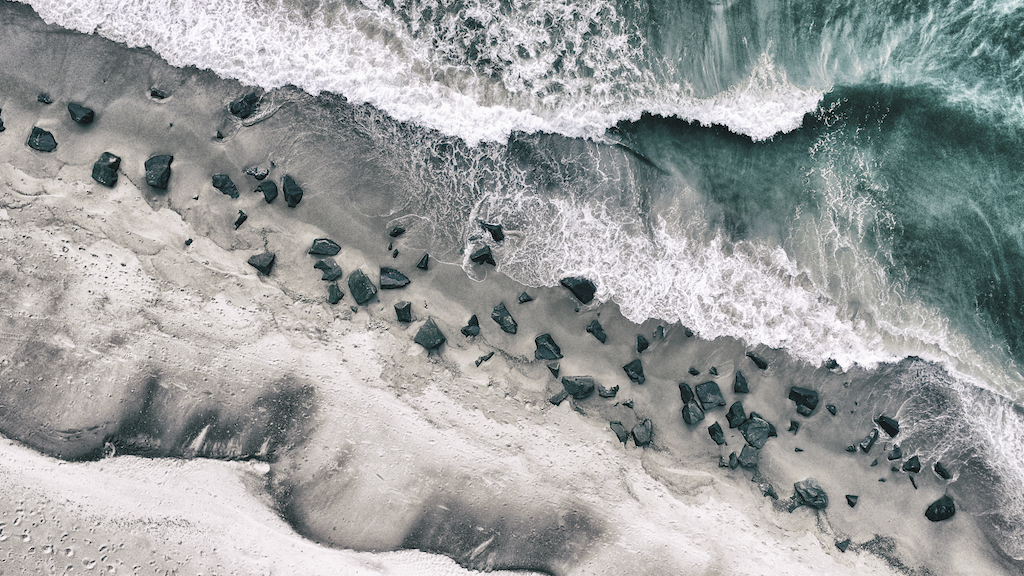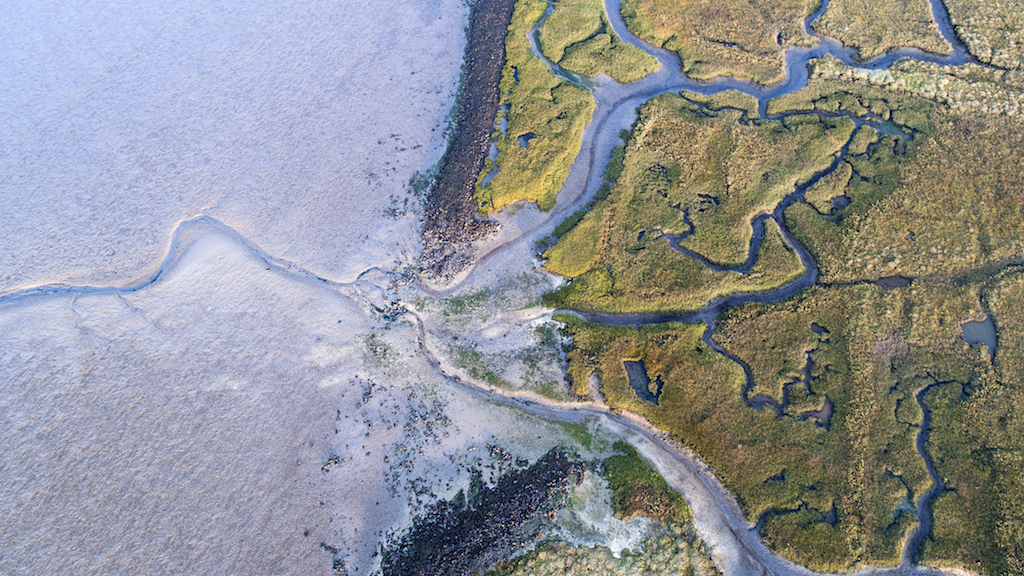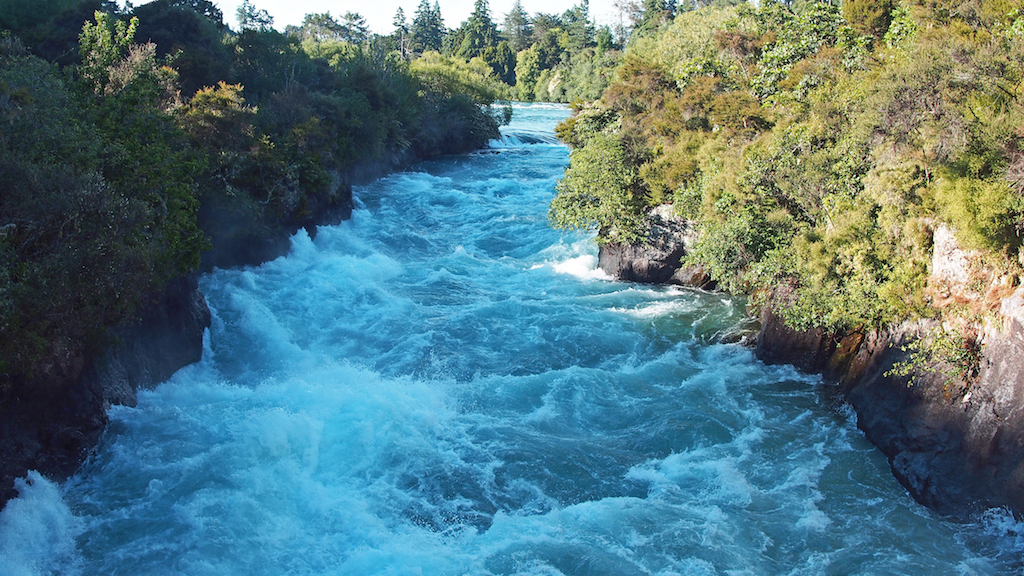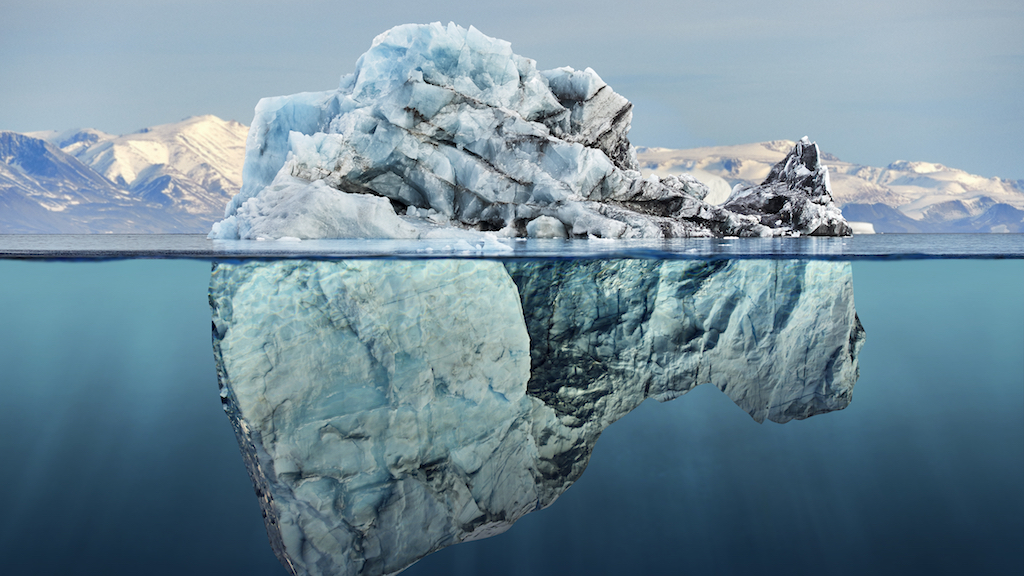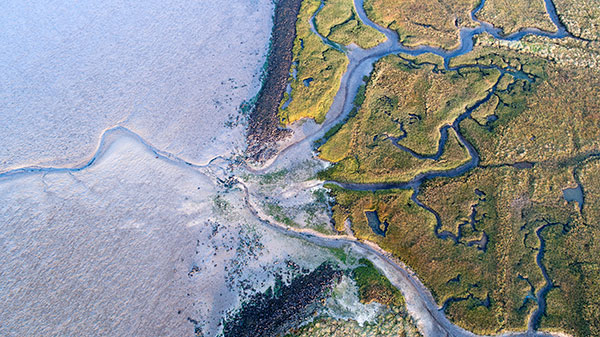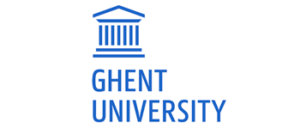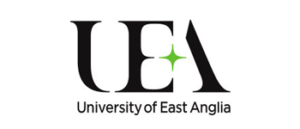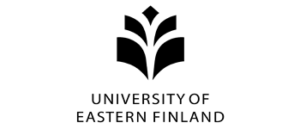University of Eastern Finland
The University of Eastern Finland (UEF) Law School is the leading Finnish academic institution in the area of climate change, energy, natural resources and environmental law. Environmental research is among the key areas of expertise of the UEF, and ‘Aerosols, Climate Change and Human Health’ is one of the university’s top-level international research areas. UEF hosts the Centre for Climate, Energy and Environmental Law (CCEEL), which has emerged as an international hub for high-quality research in climate change, energy, and international environmental law. The Centre brings together 7 professors, 4 adjunct professors, 5 senior researchers, 2 postdoctoral researchers, and over 20 PhD students; the largest research group in the field in the Nordic countries. UEF also provides the widest selection of courses on climate change law in Finland. It hosts a multidisciplinary Master’s Degree Programme on Environmental Policy and Law, offering advanced training in policy, law and impact assessment for climate change and sustainable management of natural resources. It will launch a new Nordic Master’s Programme in Environmental Law (along with Uppsala University and the Arctic University of Norway). Moreover, together with UN Environment, UEF has organised annual courses on international environmental lawmaking and diplomacy since 2004 (including on climate change in 2010 and 2015).
Harro van Asselt
Harro van Asselt, PhD (Vrije Universiteit Amsterdam), is Professor of Climate Law and Policy at the UEF Law School. He has over 15 years of research experience, and is an expert on international and European climate change law and governance. Before joining UEF, Harro worked at the Stockholm Environment Institute, the Environmental Change Institute of the University of Oxford, and the Institute for Environmental Studies at the Vrije Universiteit Amsterdam. He is the author of The Fragmentation of Global Climate Governance (Edward Elgar, 2014), co-editor of Governing Climate Change and The Politics of Fossil Fuel Subsidies and Their Reform (both Cambridge University Press, 2018), and he has more than 80 publications in peer-reviewed academic journals and books. He is Editor of the Review of European, Comparative and International Environmental Law (RECIEL) and Associate Editor of the Carbon & Climate Law Review (CCLR). At UEF, Harro co-directs the Master’s Degree Programme on Environmental Policy and Law. More.
Kati Kulovesi
Kati Kulovesi, PhD (London School of Economics and Political Science), is Professor of International Law at the UEF Law School and Co-Director of the Centre for Climate, Energy and Environmental Law (CCEEL). Kati’s research interests include international and EU climate change law, trade-environment linkages and the impact of globalisation on (environmental) law (legitimacy, democratic deficit, fragmentation, global (environmental) law etc.) She is also interested in multidisciplinary cooperation and is a member of Finland’s statutory Climate Change Panel. Kati’s current focus at CCEEL is on research, most importantly, the ClimaSlow research project (2017-2021), funded by the European Research Council. More.
Seita Romppanen
Seita Romppanen, PhD (University of Eastern Finland), is a senior lecturer in international environmental law at the UEF Law School. Her research has focused on EU biofuels governance, land use, land-use change and forestry (LULUCF), the bioeconomy, Arctic environmental governance and air pollution. Through her legal research on LULUCF in its multi-level regime context, Seita participates in the SOMPA project, which launched in January 2018. She also conducts research for the WHITE project focusing on the EU’s Arctic climate governance and short-lived climate pollutants. Her teaching responsibilities at the UEF Law School and other universities cover a range of themes under EU and international environmental law. She also manages the UEF-UN Environment course on Multilateral Environmental Agreements and is one of the editors of the International Environmental Law-making and Diplomacy Review. More.
The Institute for European Studies (IES)
The Institute for European Studies (IES) at the Vrije Universiteit Brussel (VUB) is an academic Jean Monnet Centre of Excellence and a policy think tank that focuses on the European Union in an international setting. While promoting European Studies in general, the IES specifically explores EU institutions, policies and law within the context of globalisation and global governance, including a focus on the EU in international affairs and institutions.
Academic work at the IES is organised into five clusters: International security; Environment and sustainable development; Migration, diversity and justice; European economic governance; and Educational development. The cluster on Environment and sustainable development is specifically renowned for its internationally leading work on the international and European governance of the climate and energy transition.
The IES constitutes the focal point for teaching European Studies at the VUB. It coordinates the renowned Master in International and European Law (LLM) and the Master in European Integration. The IES also co-organises an annual Summer School on European Policy-Making.
The IES also provides many academic services. It regularly organises events such as the IES Lecture Series, the IES Policy Forum and other conferences and workshops for academia and the wider interested public. Furthermore, the IES publishes a book series and policy briefs.
The Institute fosters academic cooperation with a broad range of academic institutions throughout Europe and the wider world. Privileged partners include the University of Southern California, Sogang and Hankuk University in Korea, and Tongji University in Shanghai.
It pursues its mission both on its own initiative and through opportunities offered by funding from third parties. It has executed research projects and organised academic events for, among others, the European Institutions, governments, science foundations and various governmental and non-governmental, national and international organisations as well as companies.
Prof. Dr. Sebastian Oberthür
Sebastian Oberthür is Research Professor for Environment and Sustainable Development at the IES. Trained as a political scientist with a strong background in international law, he focuses on issues of international and European environmental governance, with an emphasis on institutional issues and perspectives.
His current research interest extends in particular to the horizontal and vertical integration of international institutions and policies relevant to the environment, including the interplay between environmental agreements/institutions and other policies (e.g. trade, transport), as well as the role and performance of the EU in international (environmental) institutions. More.
Dr. Ingmar von Homeyer
Dr. Ingmar von Homeyer is a Postdoctoral Researcher at the IES. His main areas of expertise are European Union (EU) environmental policy and governance, including issues related to regulatory reform and environmental policy instruments, the integration of environmental concerns into sectoral policies, decision-making procedures and public participation, policy coherence and EU enlargement.
He has published widely on these issues in academic and policy-oriented publications. He works in English and German and possesses good knowledge of Dutch, Italian, French, and Swedish. More.
Ólöf Söebech
Ólöf Söebech is a Project Researcher for Environment and Sustainable Development at the IES. She has coordinated and collaborated in several European and national funded projects in the field of environment and sustainability since she joined the Institute in 2007. More.
Ghent University
Ghent University was established in 1817 and has 11 faculties, which offer high quality and research-based educational programmes in almost every scientific discipline.
It is a top 100 university and one of the major universities in Belgium. Currently there are about 9,000 staff members and over 41,000 students. More than 11% of the student population is international.
The University’s credo is ‘Dare to Think’: critical and independent brains study, carry out research and work at Ghent University.
Claire Dupont
Claire Dupont is Assistant Professor of European and International Governance in the Department of Public Governance and Management at Ghent University. Her research is focused on assessing the EU’s climate and energy policies, in the context of international climate objectives and internal policy coherence. She received her PhD in 2013, and has published her research with Routledge, Palgrave and in international journals including West European Politics, International Spectator, European Integration online Papers, and Journal of Contemporary European Research. She has been serving as a member of the Scientific Committee of the European Environment Agency since 2017. More.
Thijs Van de Graaf
Thijs Van de Graaf is Assistant Professor of International Politics at Ghent University, Belgium. He is also a non-resident fellow with the Payne Institute, Colorado School of Mines, and with the Initiative for Sustainable Energy Policy (ISEP) at Johns Hopkins University.
He teaches and conducts research in the areas of energy politics, international relations and global governance. His recent books include The Palgrave Handbook of the International Political Economy of Energy (Palgrave, 2016), Rising Powers and Multilateral Institutions (Palgrave, 2015), The Politics and Institutions of Global Energy Governance (Palgrave, 2013), and Global Energy Governance in a Multipolar World (Ashgate/Routledge, 2010).
Thijs Van de Graaf is a member of the editorial board of Energy Research & Social Science (Elsevier), International Environmental Agreements: Politics, Law and Economics (Springer) and Palgrave Communications (Palgrave/Nature Publishing Group).
In 2011, he was a visiting scholar at Princeton University, where he worked under the auspices of Professor Robert O. Keohane. Thijs Van de Graaf is currently the lead researcher of the international Research Network on Fragmentation and Complexity in Global Governance (www.refract.eu), and a member of the Secretariat with the IRENA Global Commission on the Geopolitics of Energy Transformation (www.geopoliticsofrenewables.org). More.


